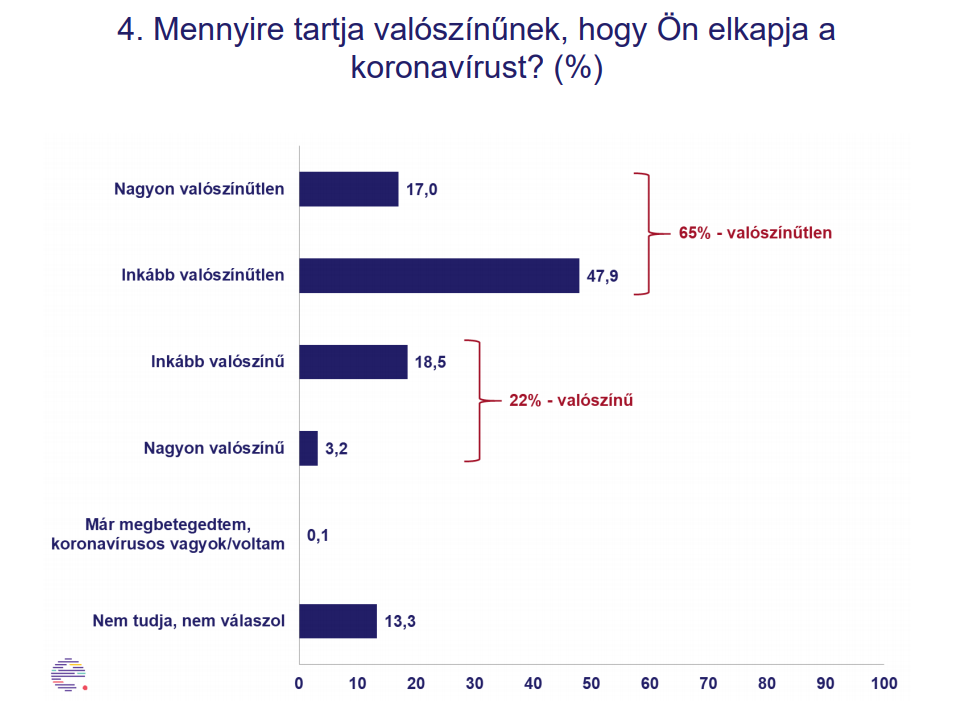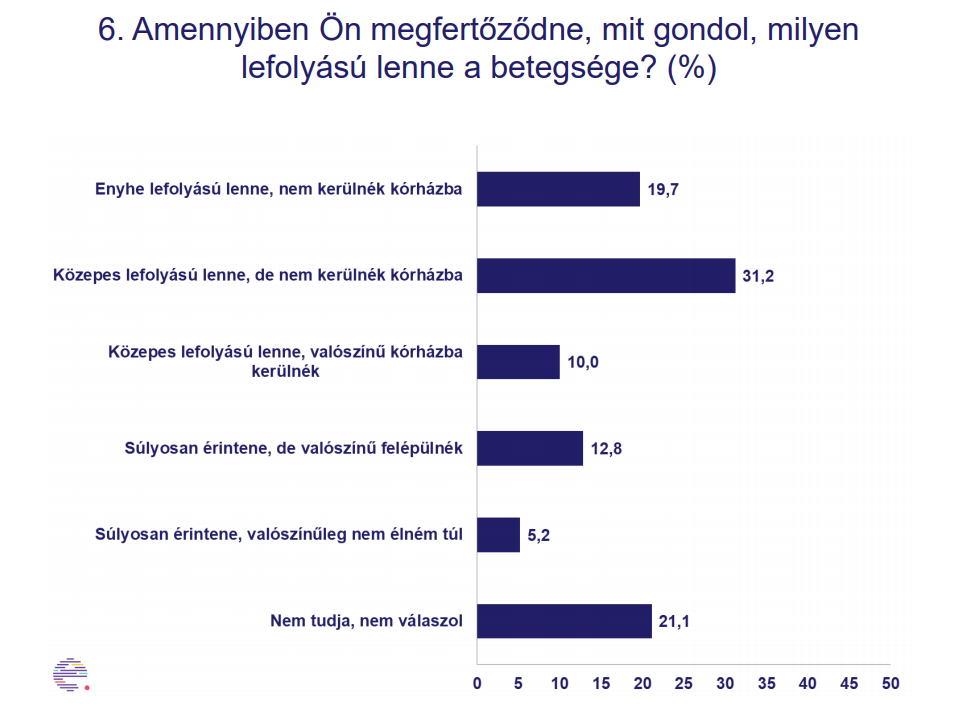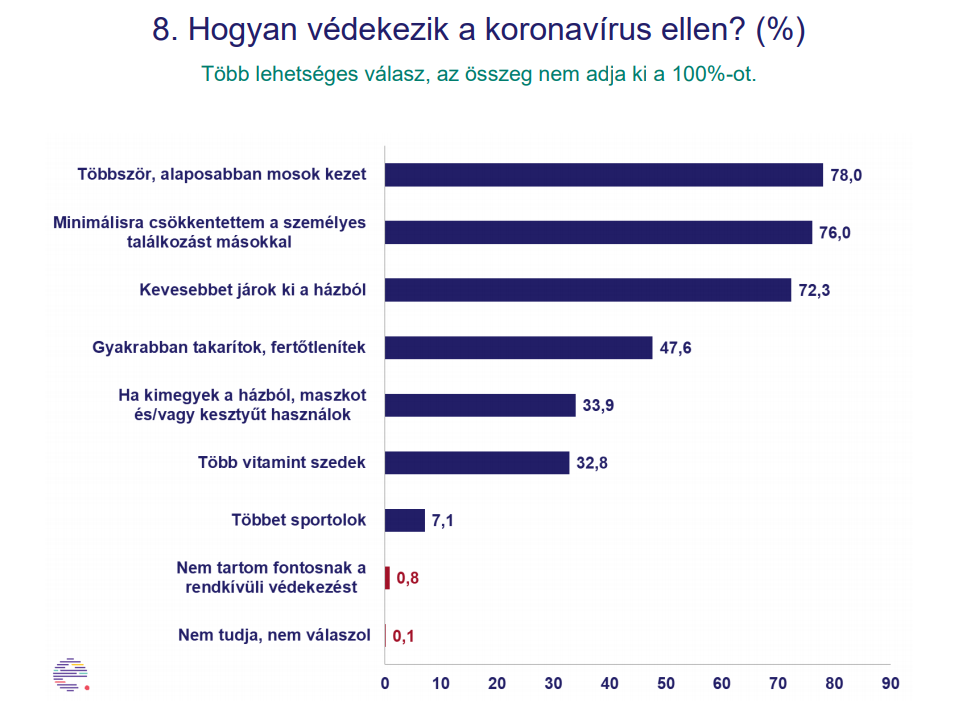The health impact of the COVID-19 epidemic is still very low among Hungarians living in Transylvania, but at the same time their everyday life has changed completely, and the population has adapted to a new way of life, a study says. The Coronavirus in Transylvania survey was conducted voluntarily by the Közpolitikai Elemző Központ Egyesület (Association of the Public Policy Analysis Center), which manages Erdélystat, a statistical website on Transylvania, and by the SoDiSo Research polling group. According to the study, the biggest challenges experienced during the pandemic have been financial and psychological, the majority of the respondents agree with the strict safety measures, and two-thirds of them now leave their homes less often.
The study focused on four major problems, and the results, which were published several days ago, present two issues: people’s perception of their health and attitudes towards the current safety measures. In the first part of this article, we present the results regarding the public’s health and the general perception of the virus.
According to the results, published on Erdélystat.ro, 3 percent of respondents think they could have been infected with the virus, as they had shown similar symptoms but were never tested. Only 0.1 percent said they tested positive for the virus. The proportion of those whose family members or close acquaintances had tested positive for the virus, or died because of the disease, was less than 1 percent.

The above graph shows that only 3.2 percent of those surveyed consider it very likely they could get infected, with 18.5 percent believing they are more likely to catch the virus. The majority of the respondents (65 percent) thought it was unlikely they’d get infected. Those in the highest risk group (chronically ill people and the elderly, over 60 years old) and highly educated youngsters living in the urban area of Central Transylvania felt that it was more likely they’d get infected. Those who work in public administration, the medical sector and basic services also estimated the risk of infection to be significant.
Approximately half (51 percent) of the respondents anticipate mild or moderate symptoms with no hospitalization required in the event that they do catch the virus. Almost one quarter (23 percent) think they would need treatment in a hospital, and 5 percent fear very serious or even fatal illness. Women, the elderly, those with a low level of education and those at high risk were all more likely to expect a more severe illness.

Almost every respondent, 99 percent, consider that more extreme protection is important during the pandemic. The most common forms of protection – from a list offered in the survey – are the following: more frequent and more thorough hand washing, staying at home, and reducing social interactions. About half of the respondents clean and disinfect more often, and approximately one-third use protective masks/gloves if they leave the house. The same number of respondents have been taking more vitamins during this period than under normal circumstances. Less than 1 percent found it unimportant to take extra safety measures.

The study was conducted between April 1-10, with the participation of 7,450 people. The survey was carried out online and via phone.
Photo: Only 0.1 percent of the respondents said they tested positive for the virus. Photo: Egészségkalauz.hu